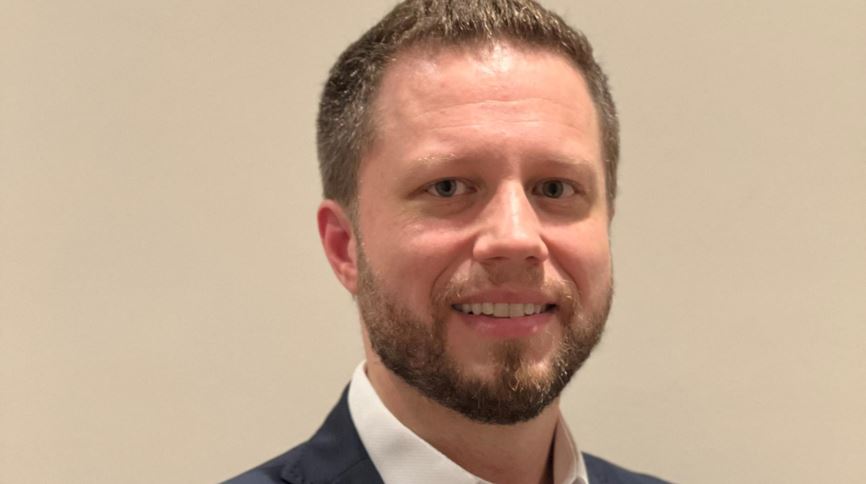 *By Patrick Baudon
*By Patrick Baudon
Basic sanitation is one of the main issues related to the country's social and economic development and there is great pressure to align it with a focus on environmental, social and governance (ESG) results. And, although the sector still has a relative delay in technological evolution when compared to other sectors of the economy, the projection is that sanitation will receive an amount of resources in the coming years at a pace never seen before, according to research carried out by EY and Abdib .
The need for quick and accurate investments is driven by the Legal Framework for Basic Sanitation, which provides for a reduction in the level of water loss from 51% to 33% by 2033. In addition, currently only 55% of the Brazilian population is covered by a sewage network and 84, 1% with mains water supply. Under the Legal Framework, companies in the sector must meet 99% of the population with drinking water and 90% with sewage collection and treatment by December 31, 2033.
Another point that brings a revolution in the sector is that, since 2021, private companies can compete in auctions for concessions of sanitation companies, which generates the need for large investments so that there is complete governance in terms of systems and data, and the possibility of escalation, already thinking about the entry of new concessions in the operation. With this, major investments will be made and technology will be the enabler to achieve these challenging goals.
The use of technologies such as Artificial Intelligence, Big Data and IoT (Internet of Things) devices are a fundamental artifice in the management of losses, both technical and commercial, and bring the possibility of tracking and collecting data to support decision making, in predicting events, combating leaks, failures in measurement systems and clandestine connections, among other indicators. With AI, it is possible to streamline processes that used to take 30 to 45 days to generate information, and now we have it in real time, as well as obtaining predictive insights from actions, such as the volume of water that a neighborhood will consume at a certain time to monitor suspicious consumption patterns.
In addition to enabling more efficient management for sanitation companies, AI generates several gains such as direct energy savings, which correspond to 40% of water treatment costs, chemicals, use of equipment, reduction of overlapping activities and better targeting of their investments, among other aspects.
As for the consumer, the use of technologies promotes an improvement in the service provided and in the service through communication channels. It is possible, for example, to develop solutions that support users to have a better understanding of their bill, in addition to promoting self-reading of their water consumption and providing information on supply interruptions in their region, among other services.
To achieve the goals of the New Legal Framework, companies need to reduce the national level of water losses, as well as align themselves with the ESG agenda and manage with a global vision. These challenges will only be possible with a change in management, aimed at improving processes and investing in infrastructure and innovation. Investment in technology will allow companies to be more assertive in all these processes, enabling fact-based decision making and continuous improvement in customer service.
*Patrick Baudon is Commercial Director of Energy & Utilities at Engineering












